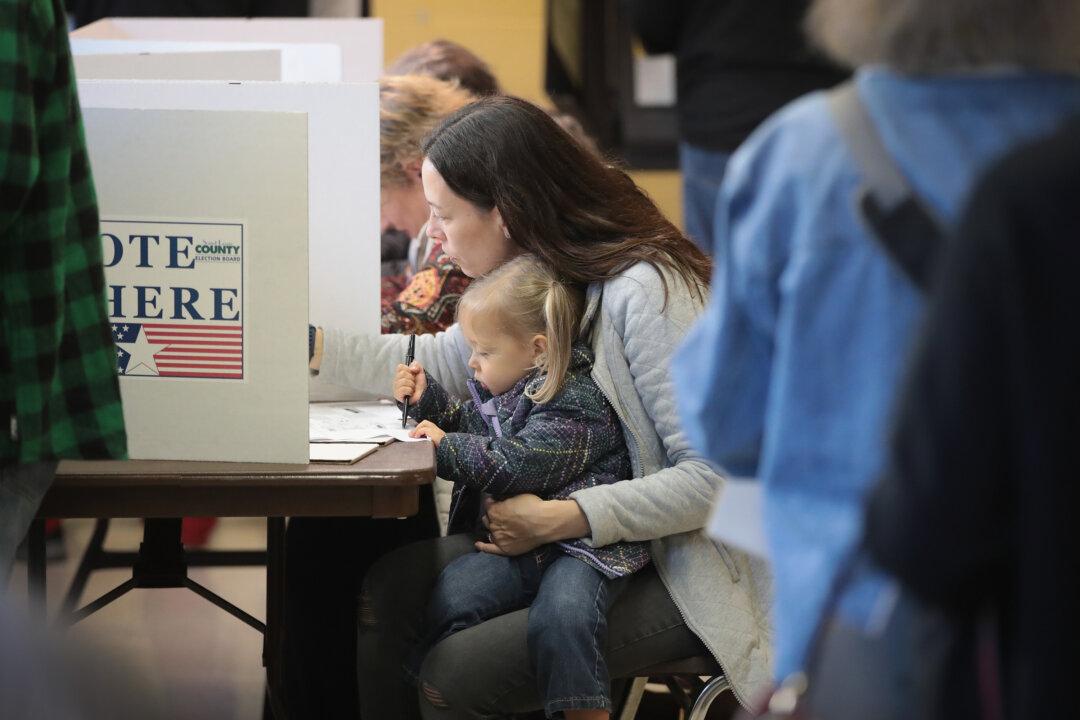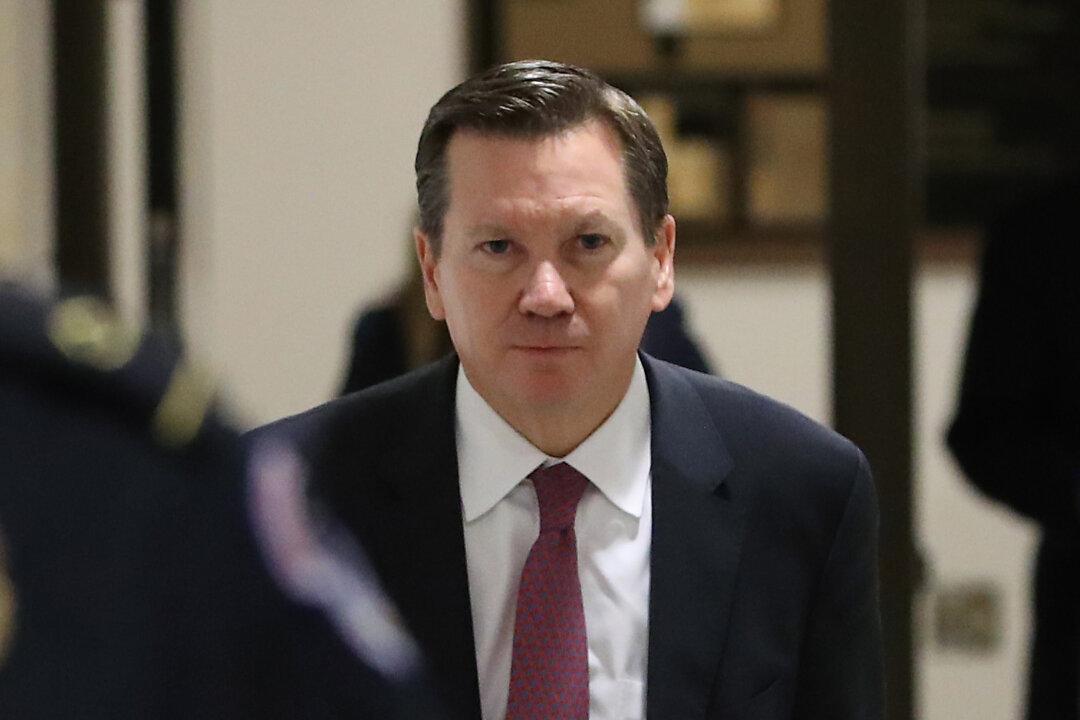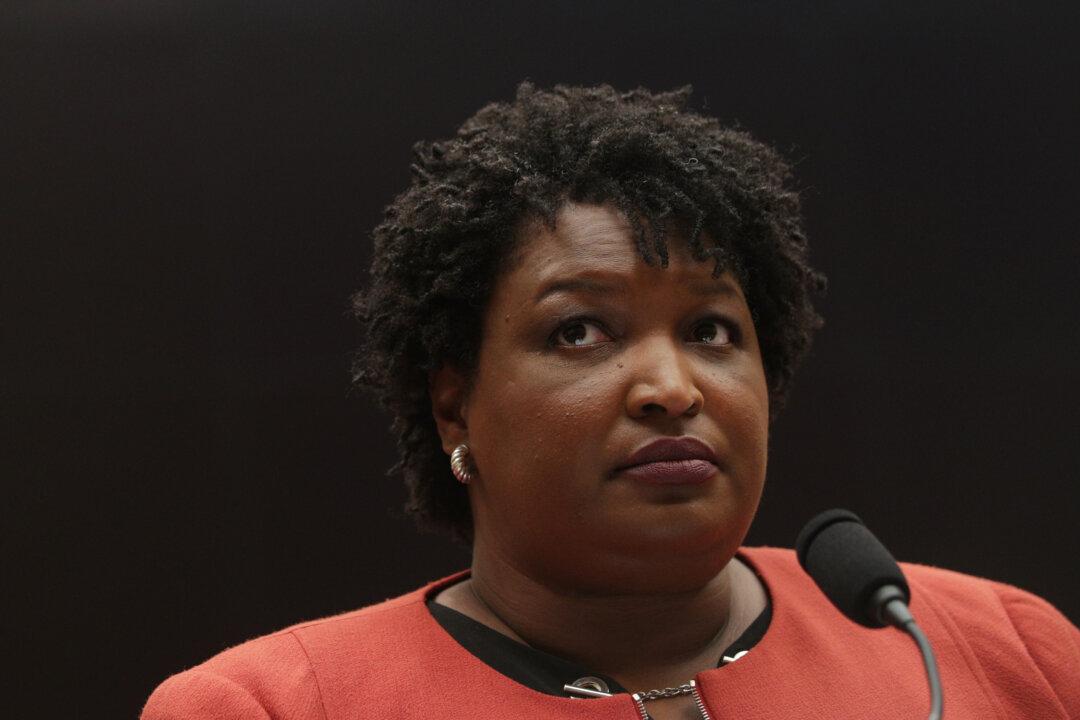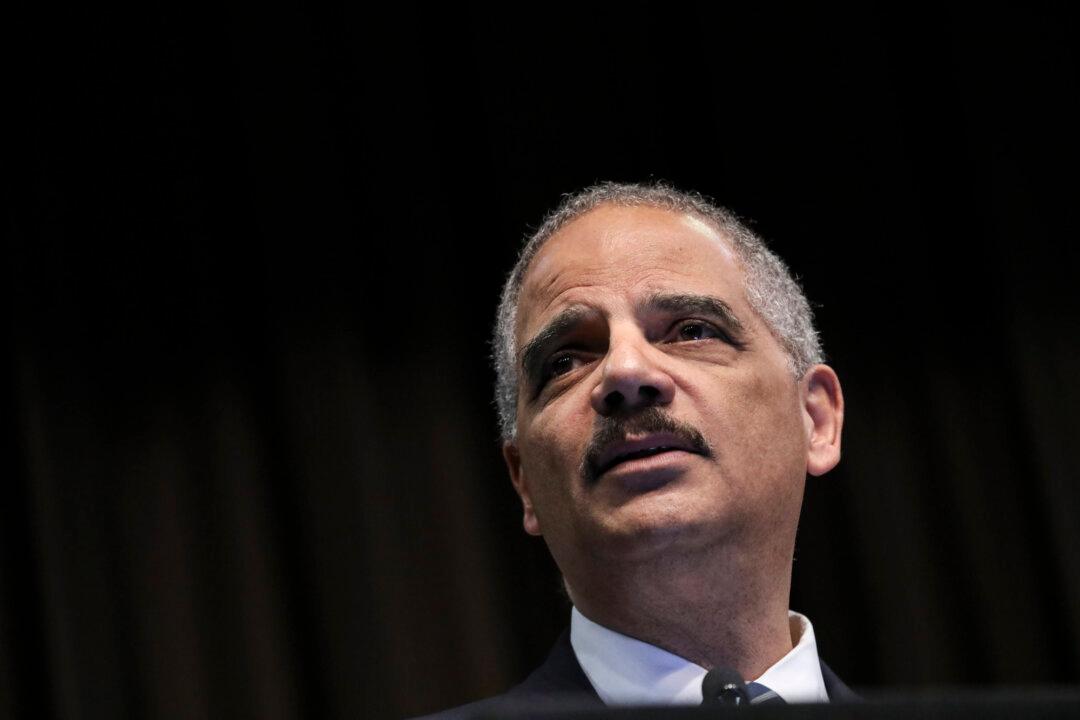A new study published in the National Bureau of Economic Research reports that strict voter identification laws don’t stop people from voting in U.S. elections.
The study also found that such laws have “no negative effect” on voter registration or voter turnout either overall or for any specific group, whether defined by race, gender, age, or party affiliation.




